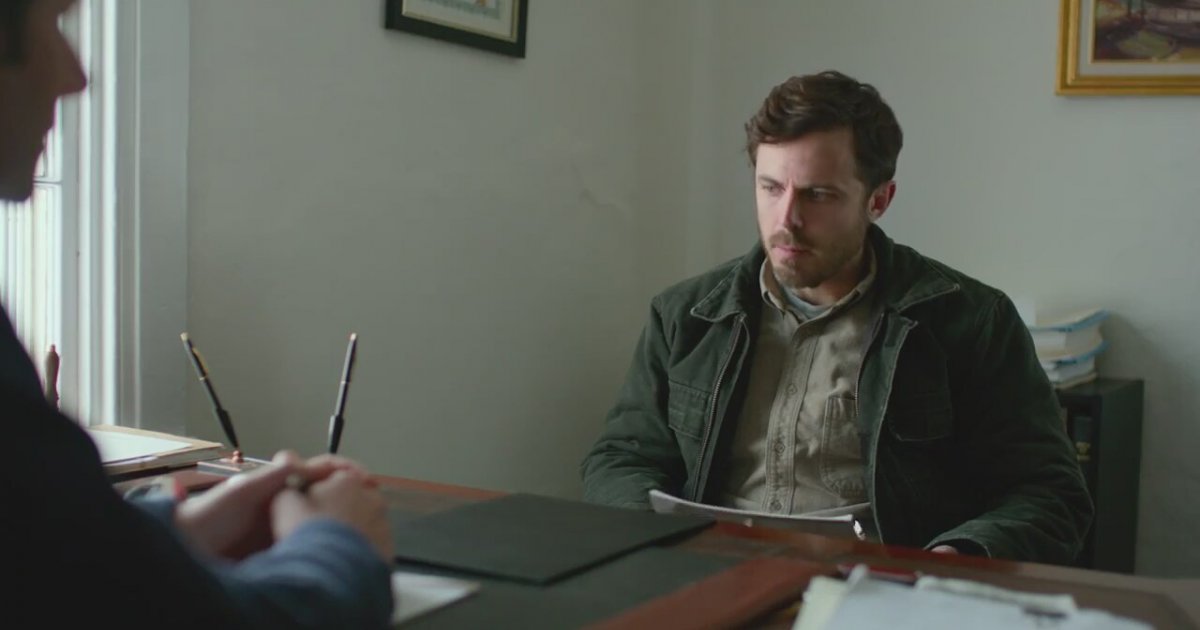
“We get to the peak Together, or we don’t get There at all” – Hidden Figures (Film Review)
Stories of the unsung hero are a popular movie trope. They bring the deeds of the obscure to the forefront and celebrate their legacy. Two films nominated for Best Picture at last month’s Oscars were based on real historical figures who performed extraordinary deeds. Mel Gibson’s Hacksaw Ridge and Theodore Melfi’s Hidden Figures. The latter explores the phenomenal work of the African American women who worked on the NASA space program and their struggle against ignorance and bigotry as they played a major role in the Space Race.
Katherine Johnson (Taraji P. Henson) works as a computer at NASA, alongside her friends Mary Jackson (Janelle Monae), an aspiring engineer, and Dorothy Vaughn (Octavia Spencer), who performs the role of supervisor but without the title and pay the job should come with. They are but three of many African American women working on the site. Johnson’s skills eventually lead to her being assigned to the Space Task Group under Al Harrison (Kevin Costner) to check the math of the engineers working on the shuttle. The first African American to be part of the team she is continually dismissed by her colleagues, as are Mary and Dorothy. The three combat the bigotry they face in their attempts to realise their goals and help achieve the ultimate feat of sending a man into space.

Hidden Figures strength is in the incredible deeds of the characters and understated, but powerful, writing. A morally righteous tale of people working through adversity in order to play a major part in something bigger than themselves. Octavia Spencer was nominated for an Oscar for her role in the film, but each of the three leading ladies are superb giving spectacular performances. Janelle Monae is wonderfully charming as the feisty Mary Jackson, whilst Taraji P. Henson leads the cast with a fantastically dogmatic display capturing both the vulnerability, and the submerged inner strength, of her character. Costner is effortless in this supporting role, sweeping through scenes with a comfort that derives from his decades of acting experience. Tremendously watchable without ever seeming to demand the screen, he delivers an exceptional supporting performance. Director Melfi also co-wrote the screenplay with Alison Schroeder and their work was deservedly recognised with an Academy Award nomination. The clever writing turns what could be an overly conventional or sentimental tale into an enriching narrative.

Hidden Figures is well made. It relies not on the superlative but simply lets the incredible deeds of its subjects speak for themselves. Not exorbitant or risqué enough to garner the top prizes yet in it’s quiet formation it acquires an almost silent strength that underpins the film’s messages of tolerance and reminds us of the quiet heroes doing the silent deeds throughout the infinitive tapestry of history.
4/5
Dir: Theodore Melfi
Scr: Theodore Melfi, Allison Schroeder
Cast: Taraji P. Henson, Janelle Monae, Octavia Spencer, Mahershala Ali, Kirsten Dunst, Kevin Costner, Jim Parsons
Prd: Peter Chernin, Donna Gigliotti, Theodore Melfi, Jenno Topping, Pharrell Williams
DOP: Mandy Walker
Music: Hans Zimmer
Country: USA
Year: 2017
Runtime: 127 Minutes
Hidden Figures is out now in UK cinemas.


















